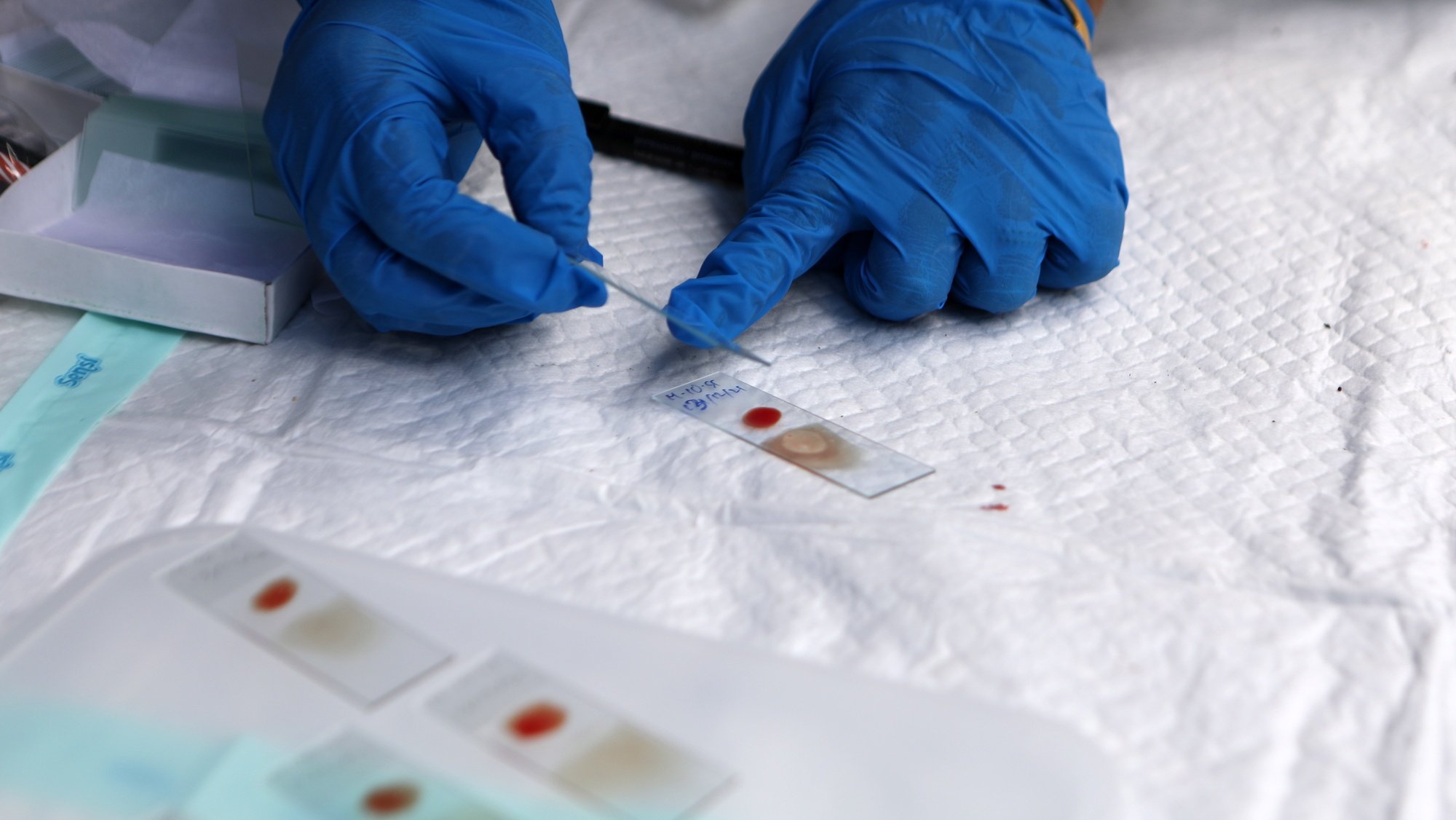A study led by scientists from the Instituto Gulbenkian de Ciência (IGC) reveals that brain cells are capable of detecting the presence of the malaria parasite in the blood, which triggers the inflammation at the origin of cerebral malaria.
The conclusions of the study, published this week in the specialized journal PNAS, were announced this Friday in a statement from the IGC and pave the way for new treatments that “could stop brain damage in the early stages of the disease and prevent neurological sequelae”.
Cerebral malaria is a particularly serious complication of Plasmodium falciparumthe deadliest of the five parasites that cause malaria.
This form of the disease, which manifests itself with high fever, headache, drowsiness, delirium, confusion, seizures and coma, mainly affects children under the age of five, according to the IGC, and is one of the leading causes of death in Sub-Saharan Africa.
Surviving children “are often affected by debilitating neurological sequelae, such as clumsiness and paralysis, and changes in speech, hearing, and vision.”
The study carried out by the IGC – in collaboration with other national and foreign institutions – concluded that the endothelial cells (which line the interior of the blood vessels) of the brain are “capable of detecting the infection” of the parasite. Plasmodium falciparum at a very early stage.
These cells detect infection through a sensor located inside them that triggers a “cascade of events,” beginning with the production of a molecule, called interferon-ß.
Then, the brain’s endothelial cells, which form a barrier between the blood and the brain, “release a signaling molecule that attracts immune system cells to the brain,” initiating the brain’s inflammatory response to infection. Plasmodium falciparum.
“Cerebral malaria is the result of an exaggerated inflammatory response to infection that leads to significant changes in this barrier and consequently to neurological complications,” the IGC statement said.
In the study, the researchers used mice that mimicked various symptoms of human cerebral malaria, and when they removed the sensor from the brain’s endothelial cells through gene editing, they found that the rodents “didn’t develop as aggressive symptoms or die as much.” for the infection.”
The scientists also discovered that a molecule resulting from the activity in the parasite’s blood Plasmodium falciparumcalled heme, activates the sensor and the production of interferon-ß in endothelial cells in response to infection.
The IGC explains that, once in the bloodstream, the parasite, which is transmitted through the bite of the mosquito anophelesit invades the host’s red blood cells, where it multiplies, digesting hemoglobin, an oxygen-carrying protein, to obtain nutrients.
During this process, the heme molecule is formed, which “can be transported in the bloodstream within particles that are absorbed by endothelial cells”, functioning as “an alarm for the immune system”.
The next step in the research will be to try to inhibit the activity of the sensor with a drug that exists within the endothelial cells of the brain.
“If we used sensor inhibitors in parallel with antiparasitics, we could prevent the loss of neuronal function. [células cerebrais] and neurological sequelae, which are a big problem for children who survive cerebral malaria,” said immunologist Carlos Penha-Gonçalves, leader of the IGC team that carried out the study and currently also coordinator of the vaccination plan against Covid-19. .
Source: Observadora
